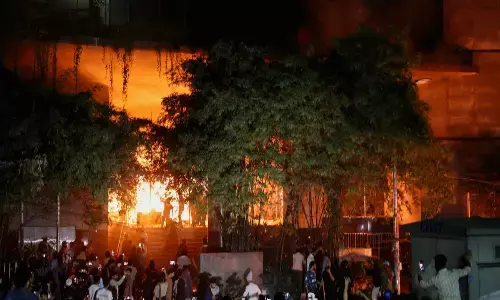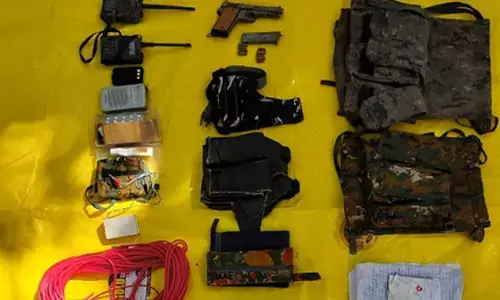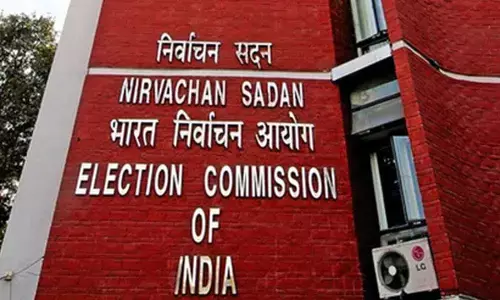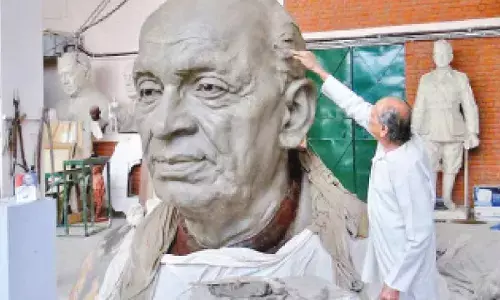Sri Lanka declared free of malaria - must remain vigilant
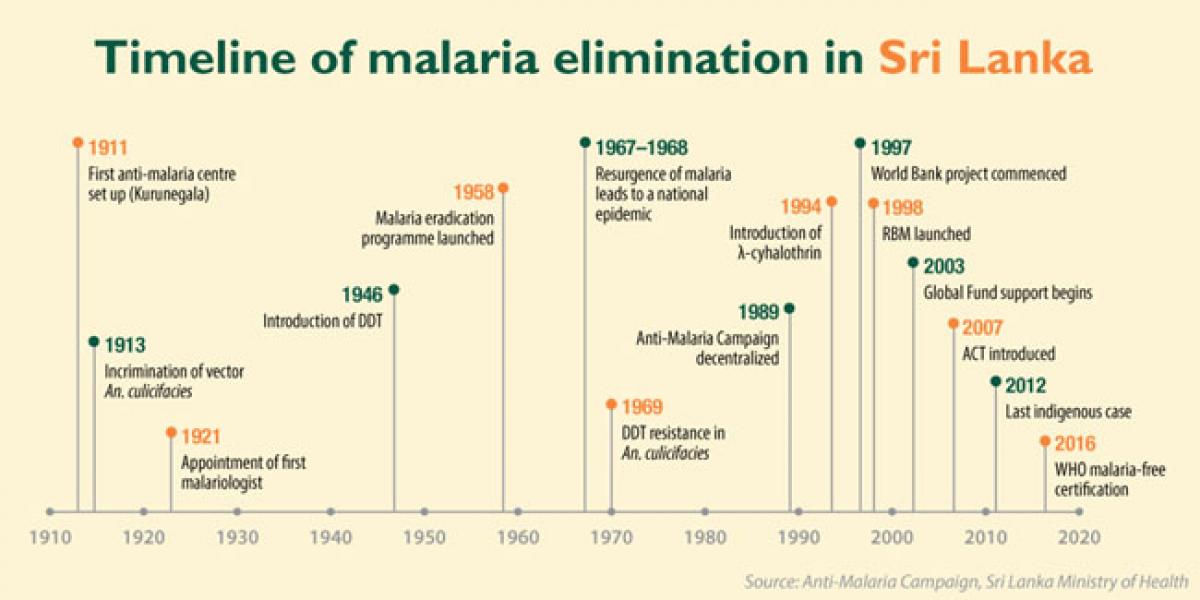
The perseverance and tenacity of Sri Lanka’s Anti-Malaria Campaign today received international acclaim, as the country received official ‘malaria-free’ certification from the World Health Organization (WHO) for successfully eliminating the disease.
(CNS): The perseverance and tenacity of Sri Lanka’s Anti-Malaria Campaign today received international acclaim, as the country received official ‘malaria-free’ certification from the World Health Organization (WHO) for successfully eliminating the disease.
Following decades of efforts to control it, including some serious setbacks, Sri Lanka is now a beacon of hope for the entire Asia Pacific region as it aims to eliminate malaria for good in the next 15 years.
WHO grants malaria-free certification when a country has proven that the chain of local transmission has been interrupted nationwide for at least three consecutive years. In Sri Lanka’s case, the final recorded case of local malaria transmission took place in 2012.
"This is an extraordinary achievement by Sri Lanka, and the result of decades of dedication and commitment to end the disease," commented Dr Nafsiah Mboi, Leaders' Envoy and Board Chair for the Asia Pacific Leaders Malaria Alliance (APLMA), and former Minister of Health of Indonesia. "It will also offer inspiration to other countries in the region that share the common goal of eliminating malaria throughout the region by 2030 or sooner."
Sri Lanka’s efforts to curb malaria began as long ago as 1911, but went through distressing times when the country witnessed sudden resurgences of the disease in 1934–1935, and again in the late-1960s, when millions of malaria cases suddenly re-emerged. But despite a 30-year long separatist war that devastated much of the health system in the country, the incidence of malaria was once again brought down in little more than a decade. In 1999, the country recorded over 250,000 cases. By 2011, the nationwide number of malaria cases had fallen to only 124. It was then reduced to zero cases by the end of 2012. Not a single malaria-related death has been recorded in Sri Lanka since 2007.
The challenges are now to ensure malaria is not re-introduced to Sri Lanka, and to prevent any possible resurgence of the disease. Strong surveillance will be required to ensure that previous investments and efforts are not undone.
"Sri Lanka’s achievement demonstrates that a well led and managed malaria programme, together with unrelenting commitment, can end the disease," said Sir Richard Feachem, Director of the Global Health Group at the University of California, San Francisco, and former head of the Global Fund to Fight AIDS, Tuberculosis, and Malaria. "While we should celebrate this landmark success, the region must remain vigilant. By working together, South Asia can reach the historic goal of malaria freedom by 2030."
The number of malaria cases occurring in Asia Pacific countries has dropped by over 45% since 2000, according to latest estimates from WHO, which reveal impressive regional progress as countries move towards malaria elimination. Prevention efforts are already saving millions of dollars in health care costs each year.
Sri Lanka’s malaria-free certification took place during a meeting of the WHO Regional Committee for South-East Asia, taking place this week in Colombo.
CNS (Citizen News Service)















